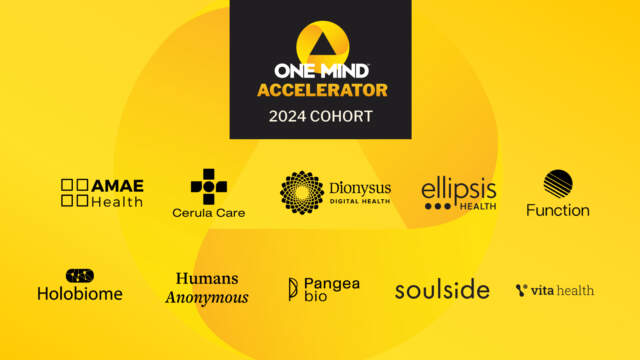June is Post Traumatic Stress Disorder (PTSD) Awareness Month, bringing attention to support the people who face this complex condition. While PTSD is often associated with veterans, the impact of post-traumatic stress (PTS) touches a wide range of people in every setting — including the workplace. Employers can make a difference by creating psychologically safe and trauma-informed workplaces with peer support and other essential resources.
Organizations need to consider the potential impacts of PTS, given that trauma is a common experience. More than 70% of U.S. adults experience at least one traumatic event in their lifetime, and more than 9 million U.S. adults have PTSD in a given year. PTSD symptoms can develop at any time after the traumatic event, resulting in physical and emotional reactions, negative changes in thinking and mood, avoidance, and intrusive memories.
Acknowledging the prevalence of PTS is the start of creating a trauma-informed workplace: one that recognizes trauma’s presence and seeks to mitigate the negative impact on employees and their communities. As organizations become trauma-informed, they become psychologically safer. Psychologically safe workplaces are designed to support the mental and emotional wellbeing of employees with protective factors that give employees resources, support, and agency.
Employers can and should engage in the practices to be more trauma-informed and to connect employees to the support they need. So, what strategies can organizations employ to address trauma and to create psychological safety at work?
Mental Health America, a leading non-profit dedicated to the promotion of mental health and wellbeing, offers resources and education as a place to start. Both Mental Health America and One Mind at Work agree that peer support is a key tool for supporting employees navigating PTS.
Peer support groups are individuals with similar lived experiences, who meet to discuss their work and lives, learn from one another, and grow. Peer support at work facilitates psychological resilience by enhancing coping skills and providing social support, according to a recent study. Peer support forums and other groups maintain values, best practices, training, and proven processes to address common challenges and address PTS in the workplace.
MHA offers resources at the MHA Center for Peer Support, including guidance on understanding who constitutes a peer, how to become a peer support specialist with training and certifications, and peer support research and reports.
Similar to employee resource groups (ERGs) for certain identity communities, organizations can also develop ERGs focused specifically on mental health. They can also offer screening measures like the MHA online PTSD test, which employees can use to then connect with a physician, healthcare provider, or mental health professional.
Moreover, it is crucial for companies to develop comprehensive strategies that incorporate swift and continual behavioral health support, enabling individuals and organizations to effectively rebound, excel, and flourish amidst periods of turmoil and strain. Several companies are doing great work in this space, including One Mind at Work member R3 — a company dedicated to supporting organizations through acute, critical, and systematic disruptions.
Employees navigating stress and trauma deserve to feel safe where they work. When organizations are trauma-informed, with a robust set of resources for employees, everyone benefits.





